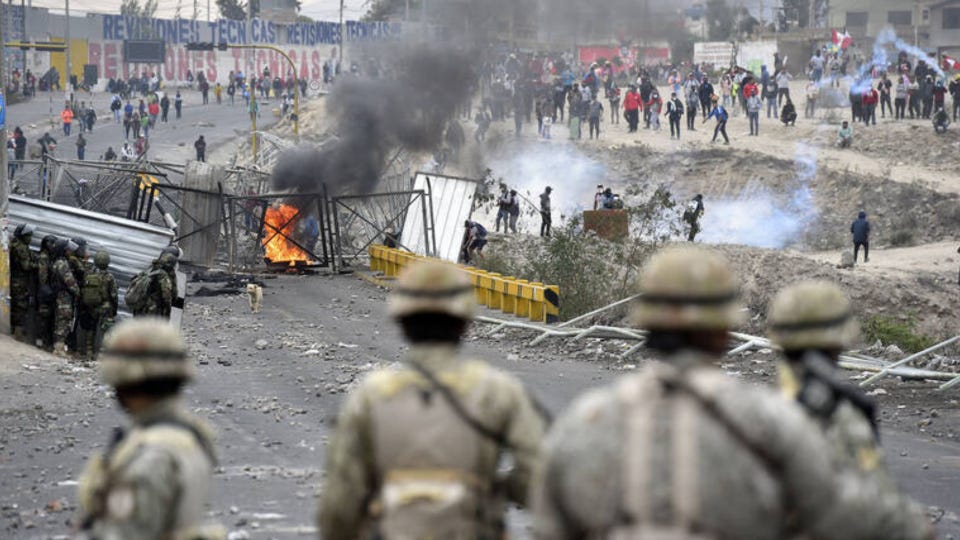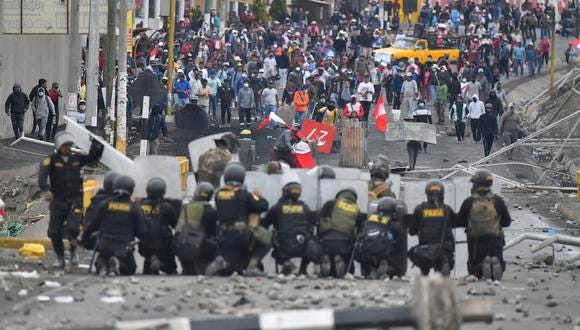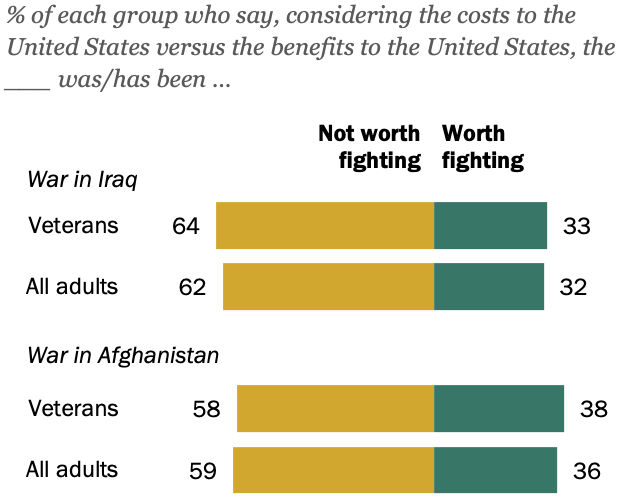🔋Here's Your President
While the situation in Peru is far from simple, it is rooted in a much larger US-China conflict and steeped in history of US-Latin American intervention.
Press the heart button on this article, yes you! I would greatly appreciate it :)
Memorial weekend comes to a close, a weekend in which many US households mourn the sacrifice of soldiers who did not come home to their families and friends after serving the military. A noble cause, one that secures the safety and prosperity of those families back home from the very violence that is experienced during war. It is of course the large military that backs the rule of law and yields this safety domestically.
As we honor those who served, we find ourselves sending those very troops to Peru, a country which has not experienced the same luxury of safety over the years. You may be wondering why the US is sending troops to Peru right now, why it is not in the news, what purpose (if any) does this serve in maintaining that security and rule of law at home in the US, and most importantly why you haven’t hit the like button on this article yet? We’ll find answers to, well, most of those questions below.
There’s a lot going on in Peru. In December, leftist president Castillo was on his third impeachment attempt and clearly not supported by Peruvian congress so he used emergency measures to dissolved them. Many view this as a strictly authoritarian move and last ditch effort to retain power, but others point out that it was enacted as a temporary measure while a new congress was to be voted upon. That congress had a 90% disapproval rating by the way and the government was largely despised by the citizens and obviously had motive to impeach as they would’ve likely all been voted out. It is a bit complicated for sure. Before any vote could happen, Castillo was sent to prison, the congress remained, and the new unelected regime led by Boluarte started. After this there were massive uprisings among the people. The police have killed dozens of its people at this point and even anti-protest laws have been enacted.
A number of South American countries aren’t recognizing the switch. Mexican president Obrador is not giving up the Pacific Alliance leadership to Peru because he does not recognize Boluarte as the true president. A big reason is likely he’s not happy his fellow leftist leader was ousted by the opposition unjustly. While Obrador has his own issues like praising Cuba, he also points out that there is US involvement in what happened with Peru and was vocal he doesn’t support it. From what I can tell he is the source that 700 US troops are heading to Peru. While we take Obrador’s word on the 700 troops, it known that the US/CIA had influence into supporting the Boluarte regime before during and after the coup. And if these troops are sent, it is regardless of the human rights violations that are occurring.
Trump appointed someone named Lisa Kenna to be ambassador to Peru (and Biden kept her). She was a CIA agent for 9 years and even served on the national security council of the Iraq office for some background on her experience. She proudly boasts her view of American exceptionalism as well (a whole heated topic in itself). The day before the coup, she met with Peru’s defense minister and proceeded to publicly rejected Castillo’s actions on behalf of the United States before finally welcoming the right-wing Boluarte with support.
That American exceptionalism has been a hallmark of US foreign policy for decades leading to a textbook’s worth of imperialism in Latin America and abroad. I discussed in Lithium Takeover how the US was involved in orchestrating the coup of Allende in favor of the infamous Augusto Pinochet in the 70s and how that relates to today. In 1990, the CIA supported the Fujimori and Montesinos regime in Peru which was another right wing authoritarian dictatorship with an atrocious human rights track record. History is steeped in examples of US backed regime change of left wing governments even following the failure of the Vietnam war and under either party’s president[1,2]. These practices of course, motivations aside, influences actions extending out across the globe most notably in the middle east and Libya in recent memory. These actions end up being unpopular, even by those who fought.
It seems as though the rationalization of involvement in these countries of supporting democracy doesn’t hold up to history very well and that the true motivation is to have control over these countries. Peru is a large commodity exporter, and similar to Chile and other countries may play an important role supplying resources to the US for the energy transition. The country boasts respectable reserves of lithium, copper, zinc, sliver, gold, rare earths, and more. It hosts a large port controlled by Chinese capital and a biosafety level 3 lab run by the US Navy as well.
China has been gaining influence globally and specifically in Latin America though increasing levels of trade and investment. They make up Peru’s largest share of exports, doubling what they send to the US. Though the Belt and Road Initiative, Peru was benefiting from major investment from China starting in 2019 in primarily energy and mining projects. The ousted president Castillo was also attempting to increase trade relations with the rival country.
It is no secret that US and China have tensions right now ranging from tariffs, intelligence, and geopolitics. The Department of Defense under Biden has said as much about their national defense strategy. It is no surprise that the US would undergo these types of operations to secure leaders in these countries that do not have the rosy relations with China and of which they can better control given the resources and strategic interests in the country. The US gains resources and power at the expense of the Peruvian people and democracy.
Perhaps most notably in Ray Dalio’s latest book, it is shown that the US is a waning empire along multiple metrics. As such, nations find alternatives other than complete reliance on the US for trade, ideological inspiration, and investment. Put simply, the US won’t just let their dominance fall after being the worlds policeman and dominant player. It is also unlikely that that behavior would stop when they placed under greater threat. Humans have a natural defense mechanism to threats, regardless as to whether they are in the right or not, and I think that applies here. The US will continue to assert their will over others as they have done over history, regardless of what outcome may be most beneficial to others and even the world at large.
Many smaller countries like Peru may not have good candidates on any side of the political spectrum and I don’t proclaim to be for either side of that debate, but it sure doesn’t help when the US interferes in these countries and puts in authoritarian leaders that are not for their people. To me it would be comical to say that the US is interested in restoring democracy through their actions, when we can read between the lines to see their true motives of power and resources, especially given their track record in the region. Until next week,
-Grayson
Leave a like and let me know what you think!
If you haven’t already, follow me at twitter @graysonhoteling and check out my latest post on notes.
Let someone know about Better Batteries and spread the word!
Socials
Twitter - @graysonhoteling
LinkedIn - Grayson Hoteling
Email - betterbatteries.substack@gmail.com
Archive - https://betterbatteries.substack.com/archive
Subscribe to Better Batteries
Please like and comment to let me know what you think. Join me by signing up below.




